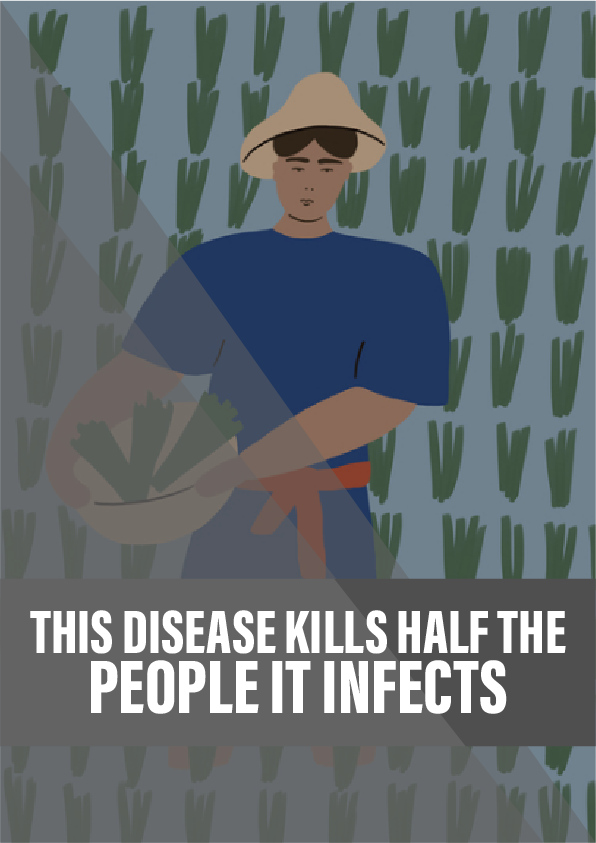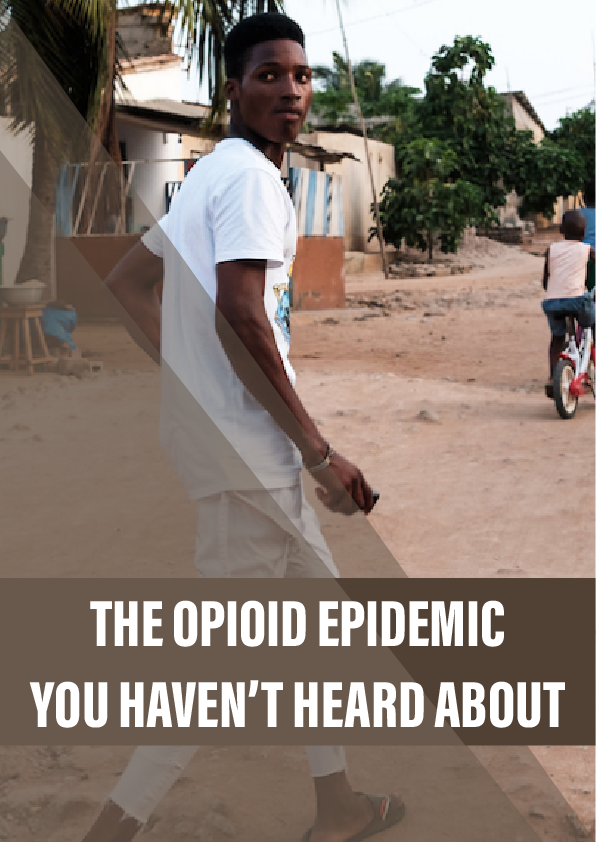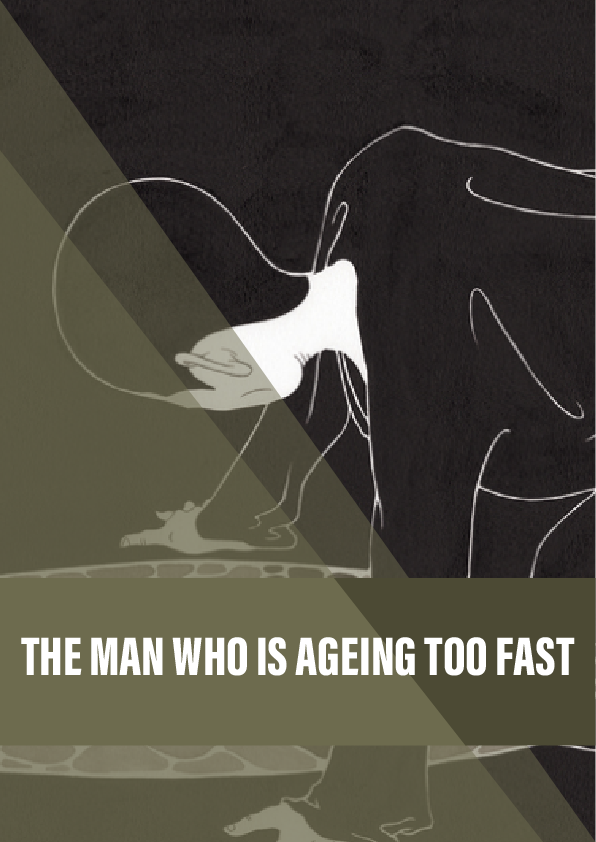Melioidosis is a bacterial infection that quietly causes thousands of deaths each year. Meet the doctor who made it his mission to make the world take notice.
Every morning, Prasart Songsorn used to wake before dawn to head out to the fields before the tropical sun and oppressive humidity made it impossible to work. Prasart, who spent all his 56 years on his family’s small rice farm in north-eastern Thailand, worked barefoot in the warm mud. Boots amplified the heat and humidity, and he didn’t want to buy something that would only add to his misery.
Although diagnosed with diabetes in his mid-40s, Prasart seemed healthy and never missed a day of work. So when he started having difficulty breathing and ran a high fever in early June 2017, he tried to push through it. When he couldn’t, he travelled a few miles to a local community hospital, where he was diagnosed with kidney disease due to his untreated diabetes. He was so ill by then that the doctors transferred him to Sunpasitthiprasong Hospital in the city of Ubon Ratchathani, nearly two hours away.
His younger sister, Aroon, didn’t trust the diagnosis. “If you cannot breathe, how could that be a problem with your kidneys?” she thought. But she figured the more experienced physicians in the city would soon figure out what was wrong. They didn’t.
For more than a week, Prasart suffered without really knowing what was wrong. Only after her brother had died did Aroon learn that he’d actually had an infection called melioidosis. Although it’s one of the leading causes of pneumonia in this part of Thailand, especially during the rainy season, it remains a mystery to most people.
Reference:
- Whitmore and Krishnaswami first described melioidosis in 1912.
- In 2016, Limmathurotsakul and others provided the first robust estimate of the global impact of melioidosis.
- The US Centers for Disease Control and Prevention website has information about melioidosis.
- The Mahidol Oxford Tropical Reseach Unit (MORU) Tropical Health Network includes the Cambodia-Oxford Medical Research Unit (COMRU), directed by Paul Turner, and the Lao-Oxford-Mahosot Hospital Wellcome Trust Research Unit (LOMWRU), where David Dance works.











